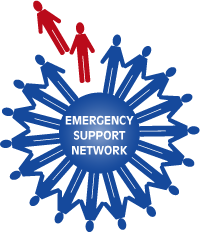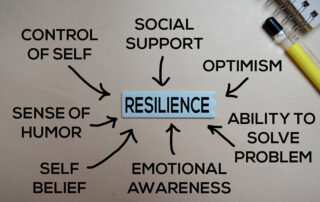Is Lack of Resilience Stressing Out Your Employees? Help Your Team Build Up Resilience and Coping Abilities
According to a report from Medibank, almost 5 million Australians report feeling stress caused by job pressure and an overload of tasks at work. A modern workplace is often highly demanding with constantly connected work cultures where the risks of burnout are widespread. Given that the frenetic pace of modern workplaces is unlikely to change, it’s more important than ever to help your team navigate workplace challenges more successfully.




